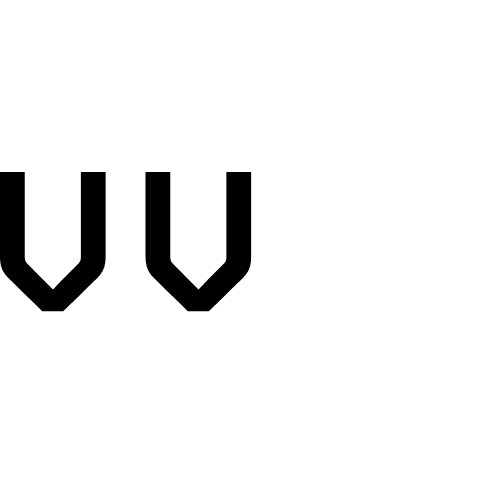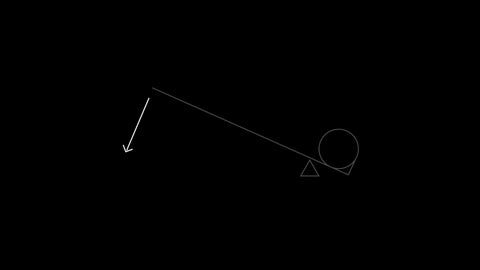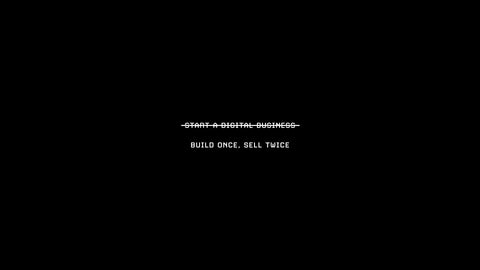Debt: The First 5,000 Years (David Graeber), 2011
"Debt systems, not barter, underpin economic history; obligations shape societies."
The Black Swan (Nassim Nicholas Taleb), 2007
"Unpredictable, rare events dominate history more than predictable trends."
Capital in the Twenty-First Century (Thomas Piketty), 2013
"Wealth inequality intensifies over time without intervention."
Confessions of an Economic Hit Man (John Perkins), 2004
"Economic exploitation serves geopolitical agendas under the guise of aid."
The Shock Doctrine (Naomi Klein), 2007
"Crises are leveraged to impose unpopular economic policies."
The General Theory of Employment, Interest, and Money (John Maynard Keynes), 1936
"Government spending is essential to stabilize economies during downturns."
Small Is Beautiful (E.F. Schumacher), 1973
"Economies should prioritize sustainability and human well-being over growth."
The Limits to Growth (Donella Meadows et al.), 1972
"Finite resources constrain perpetual economic expansion."
The Great Transformation (Karl Polanyi), 1944
"Market liberalism disrupts social fabrics; economies need social embedding."
Economics of Good and Evil (Tomas Sedláček), 2009
"Economic thought intertwines with ethics and culture throughout history."
The Origin of Wealth (Eric D. Beinhocker), 2006
"Economies are complex systems, not predictable machines."
Economics Unmasked (Phillippe A. E. A. P. Jorion and Manfred Max-Neef), 2011
"Mainstream economics ignores ecological limits and human realities."
Doughnut Economics (Kate Raworth), 2017
"Economic success requires balancing human needs within planetary boundaries."
The Death of Money (James Rickards), 2014
"Currency instability threatens global economic order."
The End of Growth (Richard Heinberg), 2011
"Resource depletion signals the end of traditional economic growth."
Reinventing the Bazaar (John McMillan), 2002
"Markets are designed systems; their structure determines outcomes."
23 Things They Don't Tell You About Capitalism (Ha-Joon Chang), 2010
"Common economic beliefs are myths; reality is more nuanced."
The Zero Marginal Cost Society (Jeremy Rifkin), 2014
"Technological advances reduce costs to near zero, altering capitalism's foundation."
Capitalism Hits the Fan (Richard D. Wolff), 2009
"Systemic flaws in capitalism lead to recurrent crises."
The Rise and Fall of American Growth (Robert J. Gordon), 2016
"Future growth will slow due to diminished impacts of innovation."
Saving Capitalism (Robert B. Reich), 2015
"Economic rules favor the few; systemic reform is needed for fairness."
Inequality: What Can Be Done? (Anthony B. Atkinson), 2015
"Inequality requires proactive policies for correction."
The End of Alchemy (Mervyn King), 2016
"Financial systems need fundamental change to avoid future crises."
The Precariat: The New Dangerous Class (Guy Standing), 2011
"An emerging insecure workforce threatens social stability."
Bullshit Jobs (David Graeber), 2018
"Many modern jobs lack meaning, reflecting misallocation of resources."
The Deficit Myth (Stephanie Kelton), 2020
"Government deficits are misunderstood; sovereign currency issuers cannot run out of money."
The Bitcoin Standard (Saifedean Ammous), 2018
"Bitcoin offers a superior monetary system to fiat currencies."
Radical Markets (Eric A. Posner and E. Glen Weyl), 2018
"Alternative market designs can address inequality and stagnation."
Money and Government (Robert Skidelsky), 2018
"Re-evaluating government's role in money is crucial for economic stability."
The Sovereign Individual (James Dale Davidson and William Rees-Mogg), 1997
"Technology empowers individuals, diminishing state control over economies."
After Capitalism (David Schweickart), 2002
"A democratic, worker-controlled economy offers a viable alternative."








